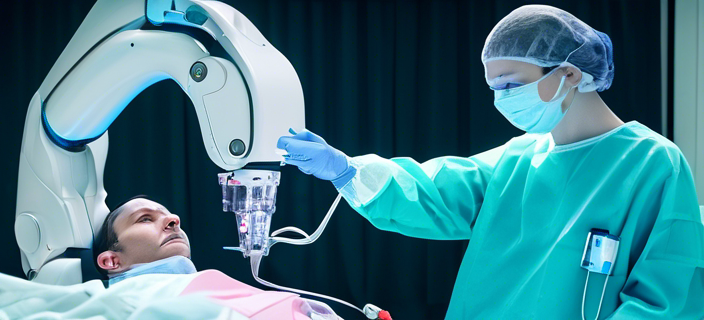By Kai Chen
The Role of AI in Tech Advancements
Artificial Intelligence (AI) has become a driving force behind many modern technological advancements. From virtual assistants to autonomous vehicles, AI is revolutionizing the way we interact with technology. According to a recent report by TechCrunch, the global AI market is expected to reach $190 billion by 2025, showcasing the rapid growth and adoption of AI technologies across industries.
 AI technology shaping the future
AI technology shaping the future
AI-Powered Virtual Assistants
One of the most common applications of AI in everyday life is through virtual assistants like Siri, Alexa, and Google Assistant. These AI-powered tools leverage natural language processing and machine learning algorithms to understand and respond to user queries. As reported by Wired, virtual assistants are becoming increasingly sophisticated, with the ability to perform tasks such as setting reminders, answering questions, and controlling smart home devices.
AI in Healthcare
In the healthcare industry, AI is being used to improve patient care, diagnosis, and treatment outcomes. According to a study published in Nature Medicine, AI algorithms have shown promise in detecting diseases such as cancer and diabetes at an early stage, leading to more effective interventions. Additionally, AI-powered robotic surgery systems are enabling surgeons to perform complex procedures with greater precision and accuracy.
 AI revolutionizing healthcare
AI revolutionizing healthcare
The Future of Autonomous Vehicles
Autonomous vehicles, or self-driving cars, are another area where AI is making significant strides. Companies like Tesla and Waymo are leading the way in developing AI-powered systems that can navigate roads, interpret traffic signals, and avoid obstacles with minimal human intervention. The Verge reports that autonomous vehicles have the potential to reduce accidents, improve traffic flow, and enhance transportation efficiency.
Ethical Considerations
Despite the numerous benefits of AI technology, there are also ethical considerations that need to be addressed. As highlighted in a recent article by Forbes, issues such as data privacy, algorithm bias, and job displacement are important factors to consider as AI becomes more integrated into society. It is crucial for policymakers, industry leaders, and technologists to work together to ensure that AI is developed and deployed responsibly.
Conclusion
In conclusion, the rise of AI in modern technology is reshaping the way we live, work, and interact with the world around us. From virtual assistants to healthcare applications to autonomous vehicles, AI is driving innovation and pushing the boundaries of what is possible. As we continue to harness the power of AI, it is essential to remain vigilant about the ethical implications and ensure that AI technologies are used for the greater good of society.


 Photo by
Photo by 










